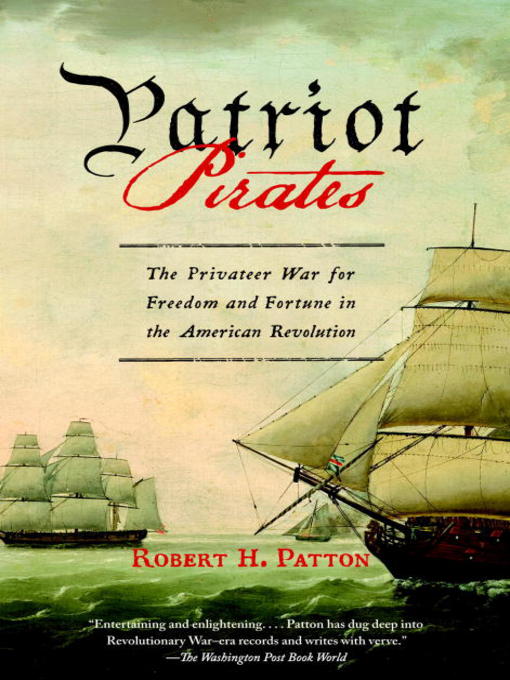- Newly Added eBooks
- Most Popular eBooks
- Try Something Different
- Love is in the Air
- Find Your Next Beach Read Here
- Emotional Wellbeing
- See all ebooks collections
- Newly Added Audiobooks
- Most Popular Audiobooks
- Try Something Different
- Best Audiobooks of 2022
- See all audiobooks collections
- Hot Magazines
- Health and Fitness
- Sports
- Food & Wine
- News & Politics
- Celebrity
- March 2022
- See all magazines collections


